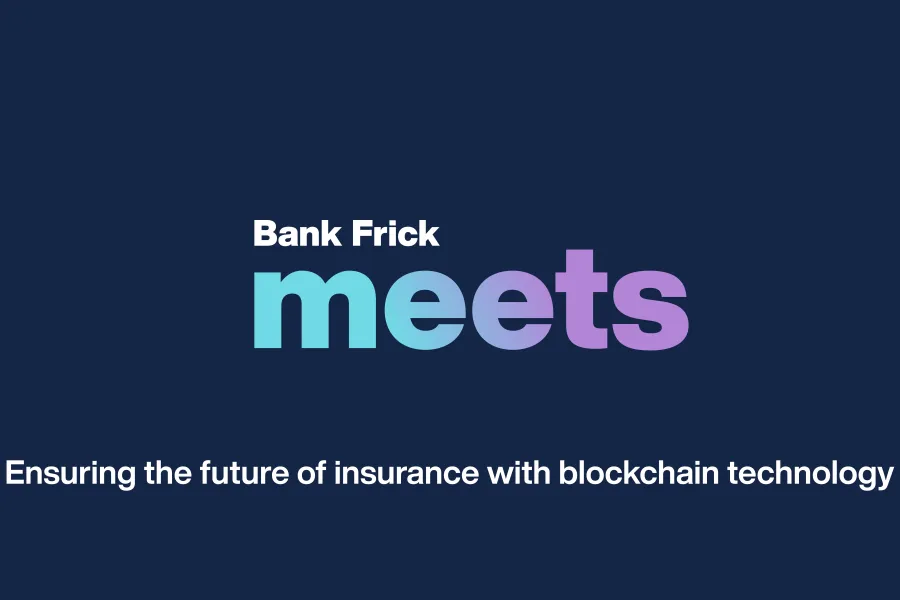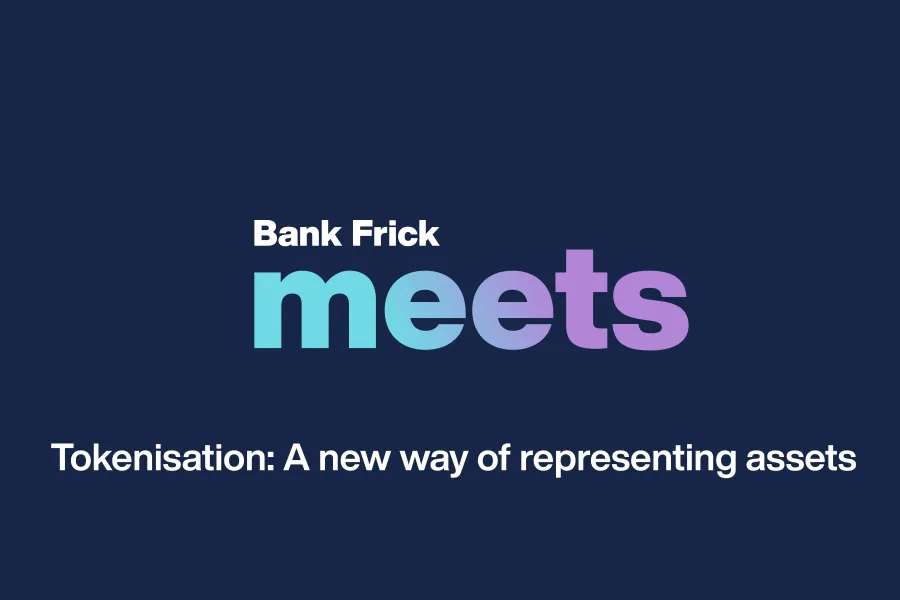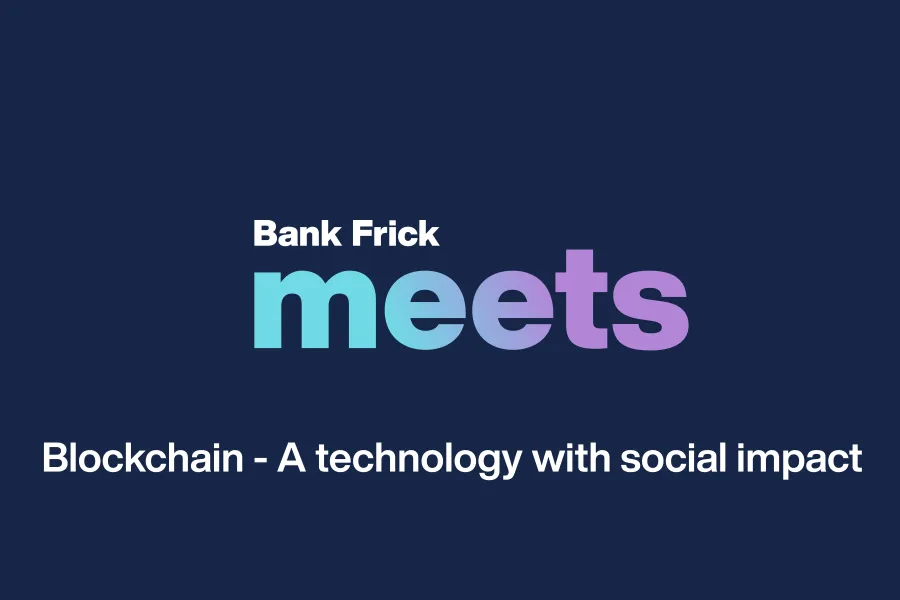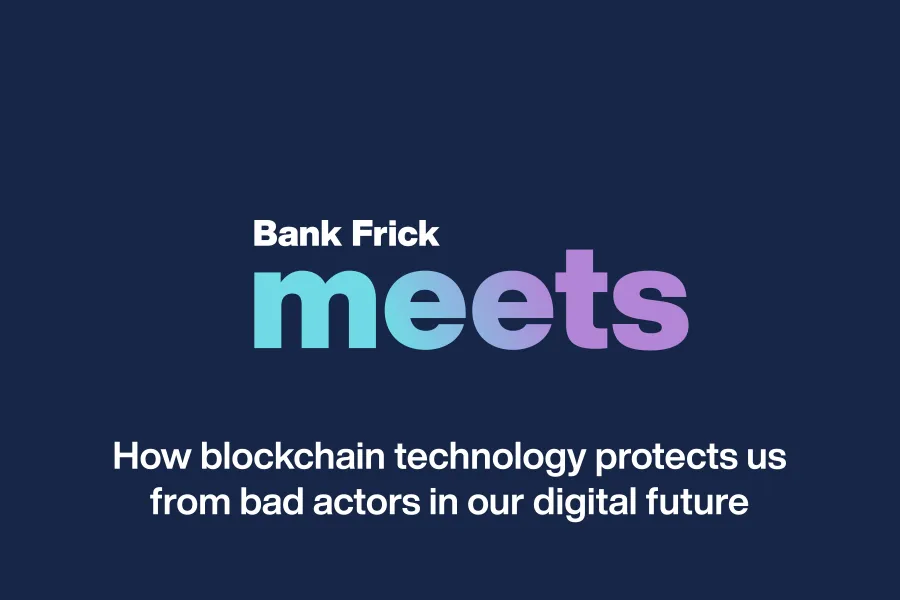Security Token Offering: Advantages of an STO over traditional issuance programs
Together with Lindemann Attorneys at Law, our experts Raphael Haldner and Julian Grezinger investigated the question of what the benefits of Security Token Offerings (STO) are. Find the answers to five frequently asked questions relating STOs in our new blog post.
What is an STO?
STO stands for Security Token Offering and describes the process of issuing digitized securities via the primary market to finance projects or assets. Another term for Security Token is therefore Asset Token.
The term is a reference to the term IPO (initial public offering), which is more familiar to traditional investors and is used in connection with the initial offering of shares to the public.
In contrast to an IPO, the term STO includes other types of securities in addition to shares. Such as bonds, fund units or derivatives.
In summary, it is a fund-raising activity using blockchain technology. All “securities” are created and mapped on the blockchain in the form of a token.
What are the advantages of an STO over traditional issuance programs?
The Blockchain is in most cases a decentralized operated system, which is forgery-proof and does not depend on the opening hours of an operator. As a result, investors and issuers are free to initiate and settle their transactions 24/7.
Smart Contracts can also be used to embed intelligent functions that automatically and independently take over important regulatory obligations or sales restrictions. This reduces the susceptibility to errors and increases efficiency, which ultimately has a positive effect on transaction costs.
One of the most important advantages is the immediate settlement, which can even be guaranteed in the absence of a classical intermediary/trustee.
What are currently the biggest challenges for issuers and investors in the STO market?
Although in large parts of the world there is a great movement in the area of regulation and legislation for crypto assets / security tokens, there are still reservations about the technology, especially in the institutional sector. Thus, one of the major drivers for a successful capital procurement is still missing.
In order to attract institutional investors to block-chain based securities issuances, the financial market infrastructure must continue to develop. This includes, above all, regulated markets exhibiting deep liquidity as well as selection of reputable custodians.
Will financial institutions become obsolete when block-chain technology takes over?
It is particularly important to have a professional partner at hand for compliance with regulatory requirements and for investor protection purposes. Moreover, these token transactions are still securities transactions in the true sense of the word. Before the information in digital form is put on the block chain, professional advice is certainly recommended.
However, block-chain technology will certainly have an impact on the service offerings of financial institutions.
The most important part is strict compliance with due diligence obligations and measures to prevent money laundering and terrorism financing. Financial institutions as well as regulated crypto-asset service providers will have to develop into trusted “gatekeepers”, as already in the traditional world, to ultimately protect the integrity of the new financial markets.
What financial instruments to choose from legally / for tax purposes?
In principle, a security token is merely a “container” for a security – e.g. bond, share, fund unit or Derivative – or shared ownership in an asset. In terms of the rights and obligations of the issuer and investor, there are no differences to the classic “world” – which can still be a major challenge for the purpose of structuring and implementation at times. Depending on the Jurisdiction and financial instruments Legal and tax advice remains key.
However, in contrast to previous processes, there is great potential to improve the efficiency and transparency of transactions.
Share post


Related Posts

How Blockchain Enables Transparency and Efficiency
Blockchain technology, first demonstrated in 2010 through a historic Bitcoin transaction, has evolved far beyond cryptocurrencies, offering solutions for transparency, efficiency, and decentralization across industries. Its core principles—decentralization, transparency, and immutability—enable secure, peer-to-peer transactions without intermediaries. Innovations like Ethereum's smart contracts have expanded blockchain's capabilities, impacting supply chains, automation, and governance.
Despite concerns about energy use, modern blockchains are increasingly energy-efficient, and misconceptions about complexity or security often stem from misunderstandings. For nonprofits, blockchain offers transformative potential: donations can be transferred quickly, cost-effectively, and transparently, ensuring more funds reach beneficiaries while improving accountability and impact measurement.
As blockchain reshapes societal structures and trust, it presents nonprofits with powerful tools to amplify their impact. Organizations willing to embrace this innovation will be well-positioned to drive meaningful change in an interconnected digital world.

Insights into the process of designing AMCs
Since their introduction, Actively Managed Certificates (AMCs) have become a significant component of the European financial market. As a structured product, legally classified as debt securities, they hold a counterparty risk for the investor that is comparable with other structured financial products. AMCs are securitised, which gives the holder the right to cash repayment or the delivery of an underlying asset. As the buyer, the investor becomes a creditor of the issuer and thus dependent in terms of the type and amount of repayment, which is subject to different parameters.

Direct market access – efficient trade execution for fund strategies
Liechtenstein has a long-standing tradition in the fields of banking and asset management. Since joining the EEA in 1995, Liechtenstein’s financial centre has established itself as a professional point of reference for promoters of collective investment vehicles on the European financial market.

Ensuring the future of insurance with blockchain technology
The insurance market is an essential part of the global economy, covering both personal and business risks. Thus, it is no wonder that it is one of the largest industries in the world, boasting an estimated value of about USD 5 trillion and employing about 2.7 million people across the globe. Out of USD 5 trillion, around USD 3.7 trillion makes up the value of the global life insurance market, while the value of the property and casualty insurance market carries a value of USD 1.3 trillion.

Tokenisation: A new way of representing assets
Ever since the dawn of time, human beings have hunted and gathered, collecting the things they discovered and making them their own. This was when the concept of ownable assets first emerged, albeit in rudimentary form. Since then, assets have evolved and become more complex as humans have found more reliable ways to connect assets to people. Today, people enter into legal contracts when transferring assets.

Blockchain: A technology with social impact
Foundational technology is the most effective tool for impacting society at large and solving the challenges it is faced with. One such foundational institutional technology is the blockchain, which entered the picture through the discovery of Bitcoin in 2009 and has since proliferated and emerged in many different forms.
What does blockchain’s social impact look like?

How blockchain technology protects us from bad actors in our digital future
The blockchain industry has experienced significant growth in the last couple of years as one unicorn after another sprouts from the soil that grows crypto start-ups. In this new series of blog posts and webinars, we take a closer look at the technology and explore why it is so successful and why everybody is talking about it. We also look beyond the speculative aspect that blockchain is so frequently associated with and focus on the real-world problems that the technology is poised to solve.

Wie klassische Finanzintermediäre in der Krypto- und Blockchain-Welt Fuss fassen können
Mit zunehmender Selbstverständlichkeit fragen immer mehr Kunden nach Dienstleistungen rund um Kryptowährungen. Für Finanzintermediäre eröffnet diese Nachfrage neue Geschäftsmöglichkeiten. Um das Potenzial heben zu können, müssen die Akteure aber auch das Spezialwissen zur Verfügung haben.

Blockchain technology reinvents correspondent banking – just not yet
As one of its major use cases, blockchain technology is said to transform traditional correspondent banking. So far major challenges have pushed back this transformation. It is more likely than ever that with central bank digital currencies on the horizon; blockchain disruption will finally come to fruition in the realm of cross-border banking.

Turning crypto investment into an earning asset
With Ethereum upgrading to Proof of Stake, the crypto world is going through one of its most transformative shifts to date. This means that customers will soon be able to earn interest on their digital asset holdings through a process called staking. What staking is, how it will define the future of Ethereum and digital asset custody at large is explained in this article.